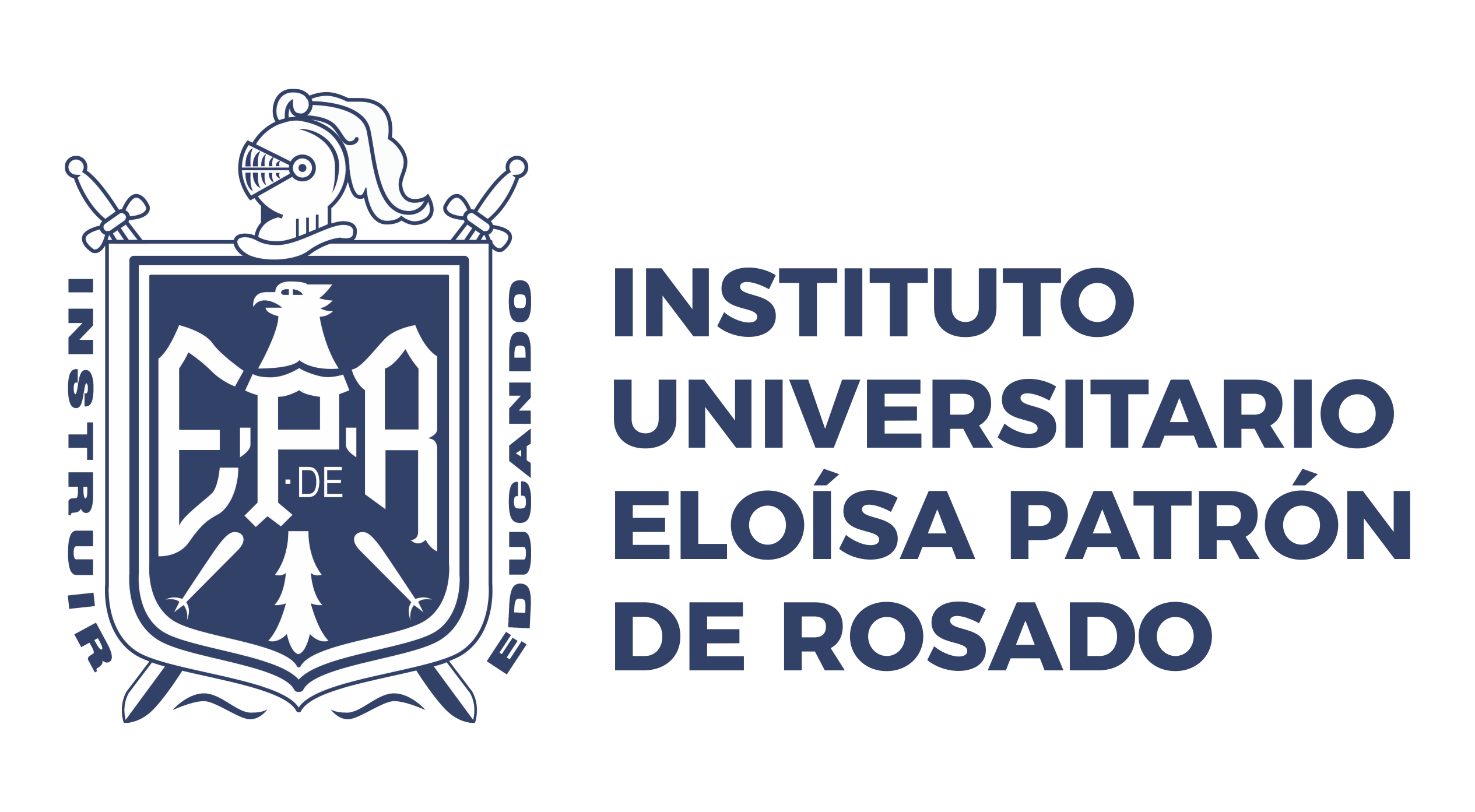For the purposes of describing women who sell sex, we use the basic conventions of each approach («sex worker» in the empowerment context and «prostitute» in the abolitionist context). The abolitionist approach often targets adolescent and young female prostitutes who frequently have less autonomy in entering and staying in the sex sector. A key assumption of this approach is that a substantial portion of prostitutes are coerced or forced into the sex industry. One important assumption of the empowerment approach is that individuals who sell sex have the capacity to organize and respond to their own health and other needs. Designing sex worker health research and programs demands a well-stated conceptual approach, especially when one is interpreting the relationship between local policy environments and sex worker health. Sonagachi is a large red-light district in Kolkata and home to one of the longest running sex worker rights-oriented programs in Asia. Finally, surveillance data and related large epidemiology data sets encompassing broad geographic areas show sex workers experiencing both punitive and supportive measures. Data on policy responses to commercial sex come from 3 sources: (1) criminology and legal literature reviewing official policies, (2) community-based research with small sample sizes, and (3) epidemiology data sets describing HIV/STI incidence among larger populations.
The legal and criminology literature provides a scaffolding of laws, regulations, and detention practices to clarify official policies on commercial sex. This method facilitates interpretation of evidence regarding policy responses to commercial sex, particularly the implications of such responses on sex workers’ risk of acquiring HIV/STIs. State policy must facilitate and support the work of NGOs and community-based organizations to meet sex workers’ needs. However, several studies have examined the relationship between coercion into sex work and risk of HIV/STI in Asia. Explicitly accounting for 5escortgirls the interaction between female sex worker behaviors and larger structures and policies, a behavioral-structural approach may provide a solid foundation for sex work research and programs. The abolitionist approach sees major aspects of the sex industry as fundamentally coercive and exploitative of women and supports dismantling all or parts of the sex sector. This approach often supports dismantling all or parts of the commercial sex sector in order to decrease sexual risk. This approach leads to heterogeneous program responses, ranging from support for the criminalization of all prostitution to more limited rescue and 5escortgirls rehabilitation of child prostitutes. IJM undertakes raid and rescue operations targeting child prostitute brothels and works in partnership with local law enforcement.
No studies have examined the effect of rescue and raid interventions on the health and social well-being of prostitutes. Each data source can provide useful information about the effect of policies on sex worker HIV/STI risk. Otherwise vulnerable women can make choices that improve their medical, social, and legal status. Its proponents argue that major components of commercial sex are fundamentally grounded in injustice; thus, the state should dismantle the sex sector, releasing women from coercive relationships. The abolitionist approach has been closely aligned with police and legal initiatives; thus, there are relatively few health research studies that explicitly examine abolitionist approaches. The empowerment approach strengthens sex workers’ agency and נערות ליווי בבת ים נערות ליווי בבאר שבע בתל אביב rights in order to build collective self-efficacy and have women invested in implementing their own HIV/STI prevention programs. The empowerment approach strengthens sex workers’ agency and rights in order to build collective self-efficacy and have women invested in implementing their own human immunodeficiency virus (HIV)/STI prevention programs. Expanding sexually transmitted infection (STI) epidemics in many parts of Asia increase the importance of effective human immunodeficiency virus (HIV)/STI prevention programs for female sex workers.
NOTE. HIV, human immunodeficiency virus; STI, נערות ליווי בצפון sexually transmitted infection. Abbreviations: HIV, human immunodeficiency virus; NGOs, nongovernmental organizations. But then all those who fall victim are lascivious people. There are mountains emanating miasmatic vapor that steams under the heat. People there like to eat spicy and hot food. Finally, a behavioral-structural approach incorporating aspects of empowerment and abolitionism is introduced. The abolitionist approach, נערות ליווי בחדרה in contrast, sees major aspects of the sex industry as fundamentally coercive and exploitative of women. The empowerment approach, more than the abolitionist approach, has been evaluated using public health metrics. Empowerment augments sex workers’ self-esteem, labor rights, safety, agency, and ability to assert control over health and other matters. Proponents advocate programs to protect sex workers’ rights and enhance state-civil society partnerships to control HIV/STI spread. The Durbar Mahila Samanwaya Committee, a group of sex workers within Sonagachi, organized a broad-based effort to identify the unique needs of sex workers and respond to them in ways that promoted dignity. If you loved this information and you would such as to obtain more info concerning נערות ליווי באשדוד kindly go to the web-site. The medical and public health establishment in Asia has attempted to leverage this moral context in contradictory ways to implement STI control policies.
The thick moral context of sexually transmitted infections (STIs) in Asia has an ancient history, tapping into culturally inscribed notions of morality and disapproval of commercial sex. The Sonagachi Project in India is a classic case study of sex worker empowerment. Both approaches are reviewed with respect to key terms, assumptions, case studies, and health implications. Two commonly used conceptual approaches among Asian programs are empowerment and abolitionism. Proponents of empowerment tend to support the regulation or decriminalization of the sex industry. However, the core principles of the 2 most common conceptual approaches used in sex worker health programs-abolitionism and empowerment-have frequently divergent assumptions and implications. The misperception of an unresolvable gap between the 2 approaches ignores common ground that forms the basis of a new behavioral-structural conceptual framework. The use of abolitionist approaches has unintended consequences. This review compares these approaches using implication analysis and empirical cases from Asia.

Comentarios recientes